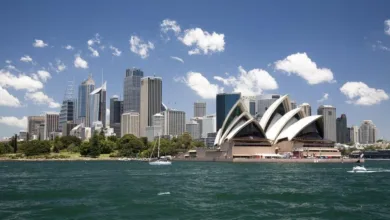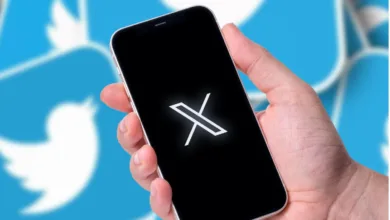Kenyan Startups Face $100 Million Blow Due to USAID Shutdown

President Trump’s executive order to shut down USAID has barred critical aid to vulnerable populations worldwide and severed a significant source of non-dilutive investment for African entrepreneurs. Over the past ten years, USAID’s Development Innovation Ventures (DIV) has invested over $100 million in Kenyan entrepreneurs, promoting innovations in agriculture, healthcare, and renewable energy. The closure has now cost many potential initiatives that chance.
For more than 30 Kenyan businesses, the DIV program has been an essential source of finance, offering awards ranging from $500,000 to $6 million to assist scale operations and demonstrate the feasibility of their concepts. Pula Advisors, an insure-tech business based in Kenya, was awarded a $1.5 million USAID grant in 2023 to broaden its insurance portfolio to include smallholder farmers in Zambia and Kenya.
The United States State Department issued a directive on January 24 to reduce all aid, potentially terminating grants that are essential for founders who struggle to obtain venture funding. For Kenyan startup ecosystem participants who have historically depended on foreign development investment, this is very worrisome.
One of Africa’s top startup centers is Kenya, sometimes known as the “Silicon Savannah.” The nation received approximately $638 million in venture capital funding in 2024.
However, several Kenyan firms have grown significantly thanks to support from development organizations like USAID. The loss of this support will have a profound impact on the ecology, even if it has mostly gone unnoticed.
Maisha Meds was awarded $5.25 million to create a platform for the distribution of medical supplies, while BasiGo, an electric bus firm, was awarded $1.5 million by USAID to expand to Rwanda. The development of solar-powered water filtration equipment was also funded with $2.5 million by SolarGen Technologies.
USAID and DFC Shutdowns Threaten Funding for African Startups Amid Shift to Climate Tech
The possible closure of the International Development Finance Corporation (DFC), which has also given grants and loans to African businesses, is another worry as the ecosystem adapts to the USAID funding reduction. For example, DFC loaned $1 million to Ilara Health in January to upgrade its diagnostic platform, while DFC debt financing has helped other businesses including M-KOPA and Twiga Foods.
A change is occurring in the African startup ecosystem at the time of the USAID shutdown. In 2024, venture capital investing in Africa shifted from fintech and e-commerce to climate tech, a field that has drawn more attention from impact investors. But the Trump administration’s views on environmental preservation and climate change could undo these victories, endangering the expansion of climate tech companies.



